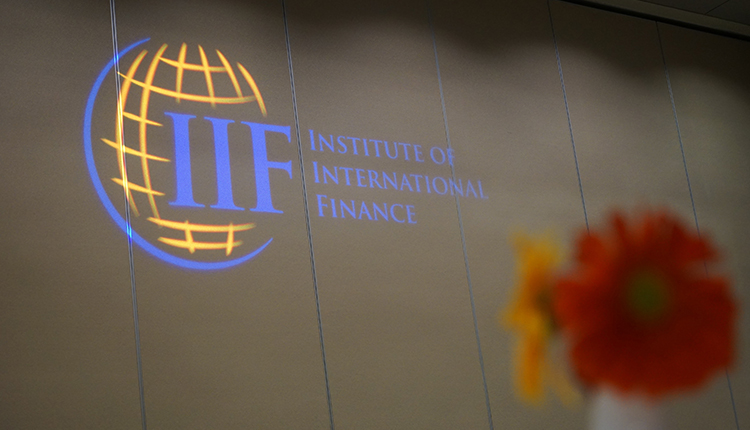Egypt’s economy is expected to grow 2.3 percent in the 2020/2021 financial year ending in June, The Institute of International Finance (IIF) – whose members include over 400 banks and financial institutions across the globe – said on Wednesday.
Garbis Iradian, a chief economist at the IIF, explained that Egypt’s economy succeeded in weathering the coronavirus pandemic well, supported by a timely and effective public health response, deployment of a comprehensive set of fiscal and monetary measures, and adequate funding from the IMF.
“We expect growth to moderate from 3.6 percent in FY 2019/20 to 2.3 percent in FY 2020/21, supported by accommodative monetary and fiscal policies, and the progress in reforms prior to the pandemic,” Iradian said in a statement.
“Egypt is the only MENA country to have avoided a contraction in 2020. Still, high-frequency indicators, including the PMI and the manufacturing and extractive index, resumed their decline in recent months.” he added.
The IIF official went on saying: “The funding from the IMF allowed the authorities to swiftly implement an emergency response package that significantly increased health and other social spending and provided support to the private sector,”
“Partial lockdowns and other restrictions may have less of a detrimental economic impact in the second half of the current fiscal year, as consumers and business have found ways to adapt and capitalise on the major progress made in digital transformation and fintech,”
Egypt’s central bank reduced its policy rates by 400 basis points since end-2019, and on February 4th, it kept the overnight deposit and lending rates, at 8.25 percent and 9.25 percent, respectively.
“The monetary policy stance is accommodative and there might be room for further easing in the absence of inflationary pressures. It remains consistent with the inflation target of 7 percent (±2 percent) in Q4 2022. The 12-month headline and core inflation continued falling through January 2021, reaching as low as 5.4 percent and 3.8 percent, respectively,” Iradian said.
He pointed to other measures implemented include: (i) 100 billion Egyptian pounds (1.7 percent of GDP) guarantee to cover lending at preferential rates to the agricultural and manufacturing sectors; deferral of up to 50 percent of the value of monthly installments for banks’ clients facing difficulties in settling their loans; and extending existing lending initiative to the tourism sector until end-2021.
“Despite limited fiscal space and high public debt, the authorities have expanded their social program, with focuses on tackling the health emergency and supporting the most vulnerable via the expansion of the Takaful and Karama cash transfer programme,”
Iradian expects the fiscal deficit would widen to 8.5 percent of GDP in the 2020/2021 year because of lower growth in tax revenues and scaled up spending. The primary balance may remain in a surplus of less than 1 percent of GDP, he added.


